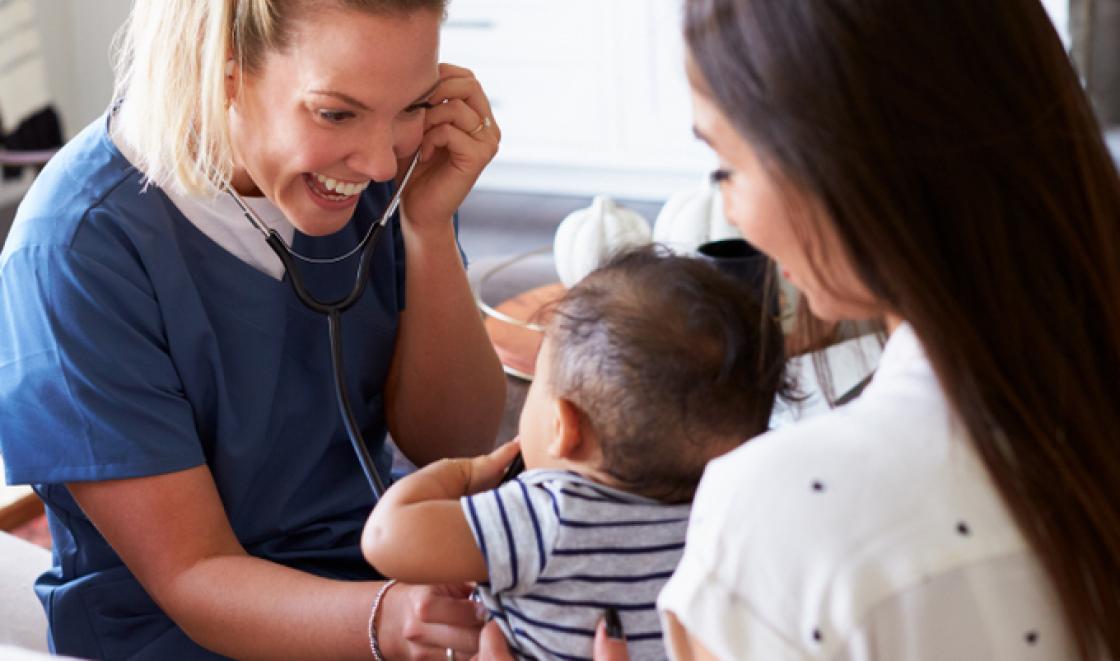How is the work being carried out
The researchers will first carry out a systematic review of the interventions in the antenatal period that may increase childhood uptake of vaccination, and their effectiveness.
Next, they will use data from a large group of families in south-east London (including medical records from pregnancy through to childhood, with a particular focus on underserved groups) to:
- Understand which mothers and babies are underserved by vaccination – specifically, who is receiving vaccination and who is not. This will include investigating whether factors such as geographic location, age, ethnicity, socioeconomic deprivation, recent immigration or refugee status, and prior medical or mental health history influence vaccination uptake.
- Explore whether there is a relationship between mothers receiving vaccines (specifically for whooping cough or RSV) in pregnancy and their children receiving their routine vaccinations later on.
The researchers will then carry out in-depth interviews with parents in antenatal and childhood periods to understand their experiences of seeking and receiving vaccinations, and how to develop ways to better support their vaccination needs.
All the findings will be combined into knowledge to be shared with policy makers, public health colleagues, the academic community, and most importantly, with families.
Researchers will work with families and professionals to design ways we might support vaccination uptake in the antenatal period, with a focus on the groups who are most underserved by vaccination.
Collaborators
Patient and public involvement (PPI) and stakeholder engagement will be embedded throughout the study to ensure its relevance and impact.
A group of recent users of antenatal and children’s services and individuals from King’s College Hospital, primary care and community organisations form the PPI group. The stakeholder group of experts in this area consists of colleagues in public health, the UK Health Security Agency, primary care, paediatrics, pharmacy and midwifery.
Both groups will meet regularly to guide the research content, develop and test written research materials, consider means to ensure diverse recruitment to the research and discuss the research findings and implications.
Additional collaborators come from across King's College Hospital, King’s College London, the Fetal Medicine Institute and the Royal College of Paediatrics and Child Health.
This project is expected to complete by the end of 2030.
Find out more
Read about the other work of our children and young people's theme.
